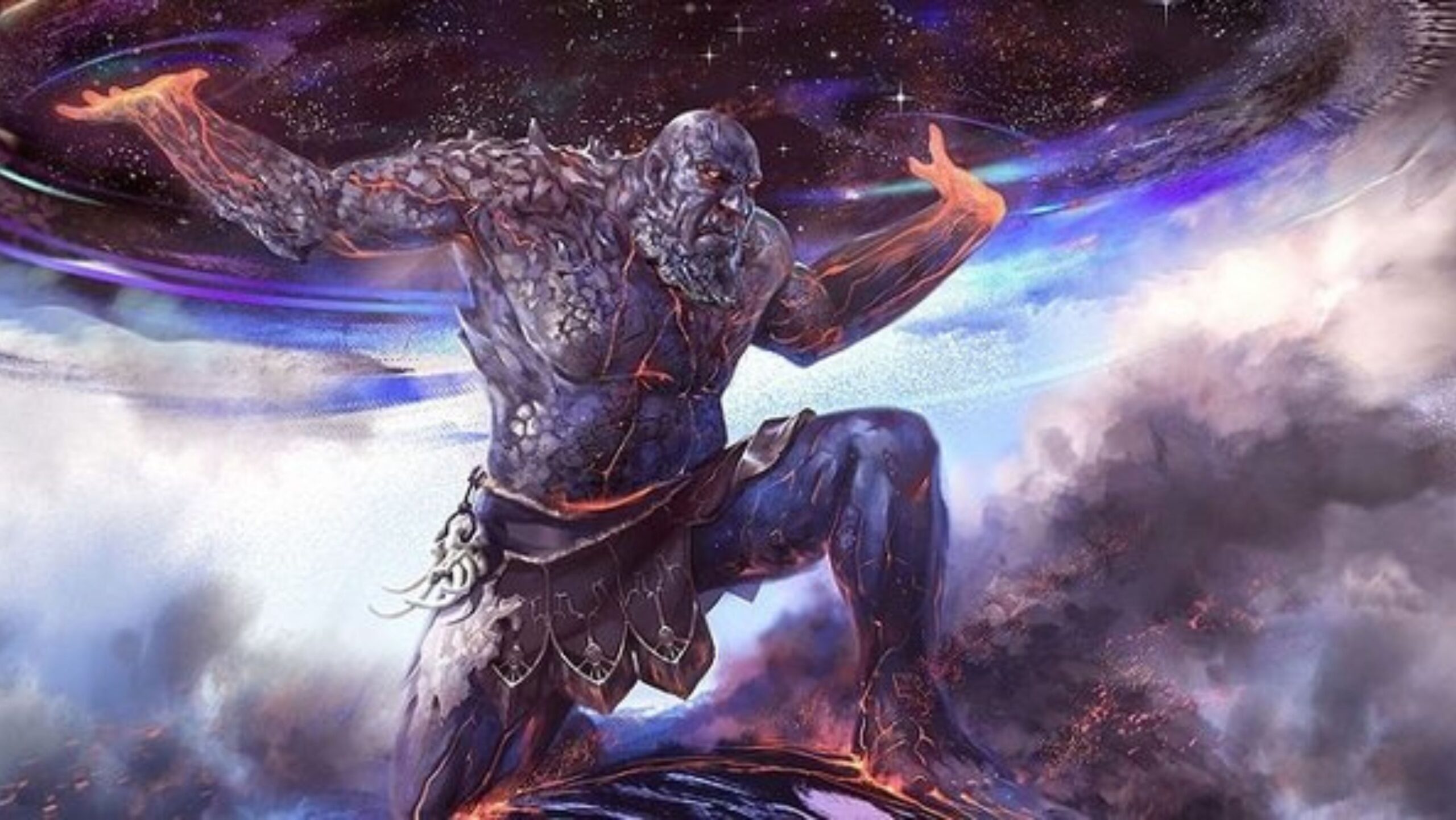Have you ever felt like you’re carrying the world’s weight on your shoulders? Well, that’s nothing compared to Atlas Titan mythology, the Titan of Greek mythology. This guy was literally forced to hold up the sky for all eternity! Talk about a heavy burden.
But there’s more to Atlas than just his impressive strength. His story is one of rebellion, punishment, and endurance. It’s a tale that has captured the imagination of people for centuries, inspiring everything from art and literature to geography and astronomy.
So, let’s take a closer look at the myth of Atlas and discover why this Titan has become such an enduring symbol of perseverance and strength.
Table of Contents:
- The Myth of Atlas, the Titan Who Carried the World
- Atlas and His Famous Encounters
- The Legacy of Atlas in Modern Times
- Conclusion
The Myth of Atlas, the Titan Who Carried the World: Atlas Titan mythology

In the world of Greek mythology, few figures loom as large as Atlas, the mighty Titan tasked with carrying the weight of the heavens on his shoulders. His story is one of endurance, punishment, and the unyielding power of the gods.
Atlas’ Role in Greek Mythology
Atlas was a second-generation Titan born to Iapetus and Clymene. He played a key role in the Titanomachy, the epic battle between the Olympian gods and the Titans. As a leader of the Titans, Atlas fought against Zeus and his allies, hoping to overthrow the new order of the gods.
The Punishment of Atlas by Zeus: Atlas Titan Mythology
But the Titans were defeated, and Zeus, the king of the gods, meted out harsh punishments to those who had opposed him. For Atlas, this meant being condemned to hold up the sky for all eternity.
Imagine the weight of the heavens pressing down on your shoulders, never able to rest or find relief. That was the fate of Atlas, a punishment that showcased the unyielding power and authority of Zeus.
Atlas and the Celestial Sphere
In some versions of the myth, Atlas wasn’t just holding up the sky – he was responsible for the celestial sphere itself. This concept, born from ancient astronomy, imagined the stars and planets as fixed points on a giant sphere surrounding the Earth.
At the center of it all was Atlas, his strength and endurance keeping the heavens in place.
Atlas and His Famous Encounters: Atlas Titan Mythology
Throughout his mythological life, Atlas had his fair share of run-ins with famous figures from Greek mythology. These encounters often revolved around his unique position as the bearer of the heavens and the trials that came with it.
Atlas and the Quest for the Golden Apples
One of Atlas’s best-known stories centers around the hero Heracles (or Hercules in Roman mythology) and his quest for the golden apples of the Hesperides.
Heracles approached the Titan and made a deal: Atlas would fetch the apples, and Heracles would take his place holding up the sky. Atlas agreed, but when he returned with the fruits, he realized he didn’t want to take back his burden.
In a clever twist, Heracles tricked Atlas into taking the sky back, snatching the apples, and making his escape. This story highlights both Heracles’s cunning and Atlas’s unenviable position.
Perseus and the Head of Medusa: Atlas Titan Mythology
Another famous encounter in Atlas’ mythology involves the hero Perseus and his quest to slay the monstrous Medusa. After his victory, Perseus found himself in the realm of Atlas, seeking a place to rest.
But Atlas, wary of strangers and protective of his domain, refused to offer Perseus hospitality. Enraged, Perseus pulled out his secret weapon: the severed head of Medusa, whose gaze could turn anyone to stone.
In an instant, Atlas was transformed into a mountain range, doomed to hold up the sky for all eternity in a more literal sense. It’s a stark reminder of the power of the gods and the perils of crossing those they favored.
The Legacy of Atlas in Modern Times: Atlas Titan Mythology
Despite his ancient origins, the figure of Atlas has endured through the centuries, leaving an indelible mark on our culture and imagination. From geography to art to literature, the Titan’s influence can be seen in countless ways.
The Atlas Mountains

Perhaps Atlas’s most obvious legacy is the mountain range that bears his name. Stretching across modern-day Morocco, Algeria, and Tunisia, the Atlas Mountains are a testament to the enduring power of mythology.
According to legend, this is where Perseus turned Atlas to stone, forever fixing him in place as a towering reminder of his punishment. Today, the Atlas Mountains have stunning natural beauty and a rich cultural heritage, drawing visitors worldwide.
Atlas in Literature and Art
Beyond geography, Atlas has also left his mark on the world of art and literature. From ancient Greek pottery to Renaissance sculptures to modern-day comic books, the image of the Titan bearing his cosmic burden has captured the imagination of countless artists.
Authors as varied as Ayn Rand and Rick Riordan have drawn on his myth to explore themes of individualism, perseverance, and the burdens we all must bear.
The Enduring Symbolism of Atlas: Atlas Titan Mythology
At its core, the myth of Atlas is a story about the human condition – the struggles we face, the burdens we carry, and the resilience we must summon to overcome them. It’s no wonder that his figure has endured for so long, resonating with people across cultures and generations.
Whether we see him as a tragic hero, a cautionary tale, or a symbol of unyielding strength, Atlas reminds us of the power of mythology to speak to the deepest parts of ourselves. His story may be ancient, but its themes are timeless, and its lessons are as relevant today as they were thousands of years ago.
In a world that often feels like it’s pressing down on our shoulders, we could all learn a thing or two from Atlas—about perseverance, endurance, and the unshakable strength of the human spirit.
Key Takeaway: Atlas Titan Mythology
Atlas, a Titan in Greek mythology, was condemned by Zeus to hold up the heavens for eternity. This myth highlights his encounters with heroes like Heracles and Perseus. Atlas’ legacy endures through geography, art, and literature as a symbol of strength and responsibility.
Conclusion: Atlas Titan Mythology
The myth of Atlas is a testament to the enduring power of storytelling. For thousands of years, this tale has captured the imagination of people worldwide, inspiring them to face their own challenges with strength and determination.
Whether you see Atlas as a symbol of endurance, a cautionary tale about the consequences of defying the gods, or simply a fascinating piece of mythology, there’s no denying the impact this Titan has had on our culture.
So the next time you feel like you’re carrying the world’s weight on your shoulders, remember Atlas. If he could hold up the sky for eternity, surely you can handle whatever challenges come your way.

